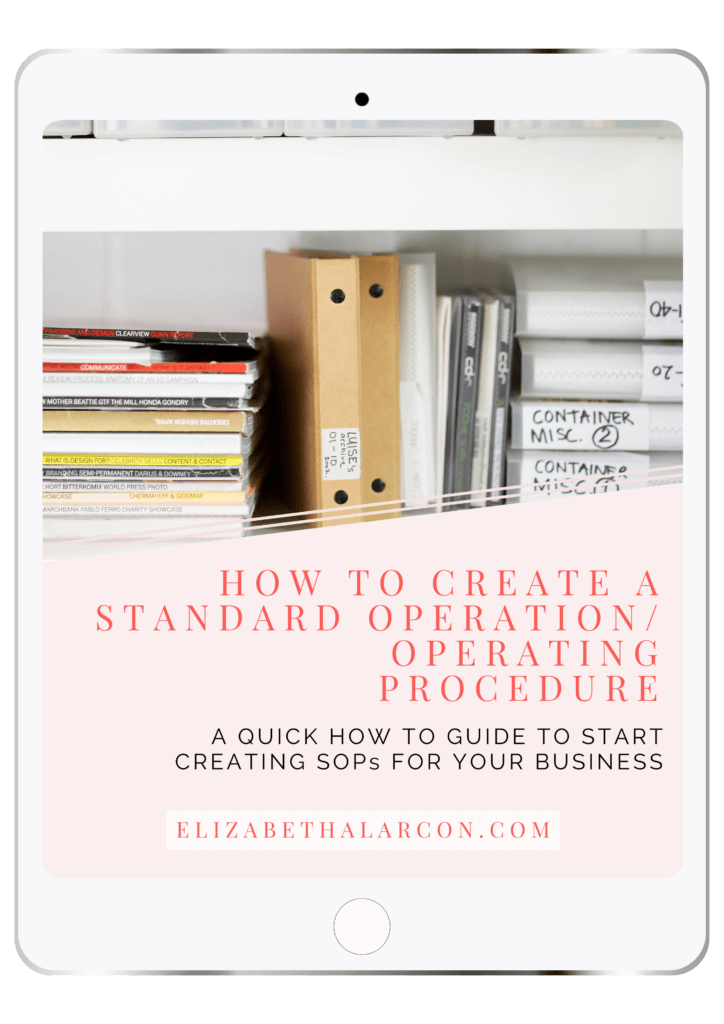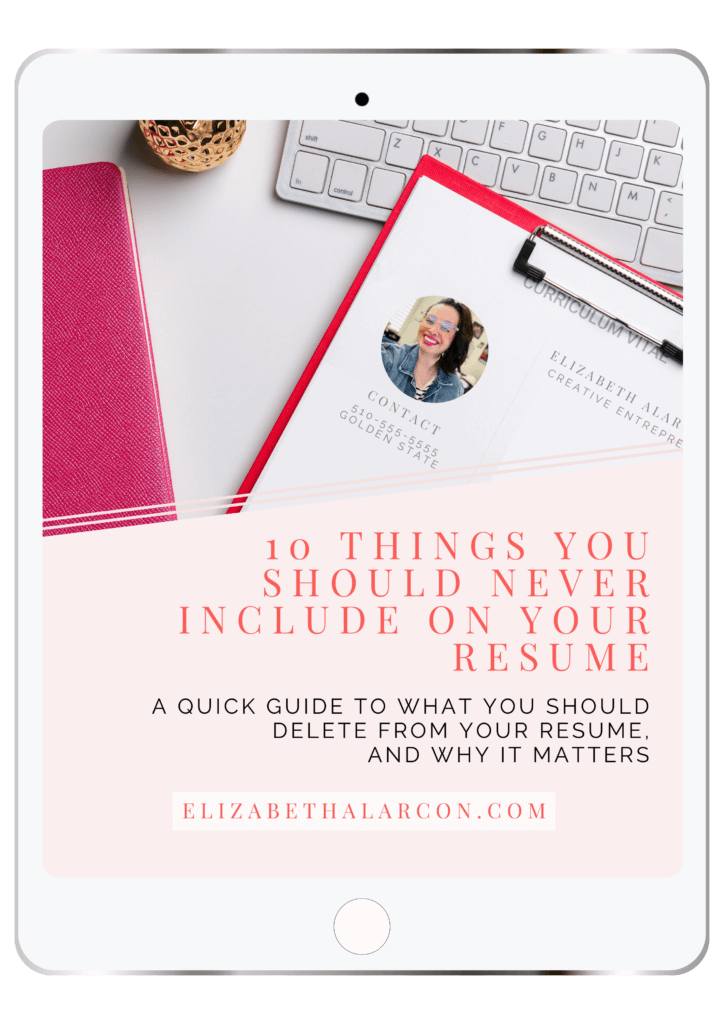Assertiveness Made Easy: Find How to Stand Your Ground Without Losing Friends!
Assertiveness can feel like a tricky balance, right? I’ve struggled with it—trying to speak my mind while being kind and respectful. For many of us, it often seems easier to hold back our thoughts or let our frustrations spill out uncontrollably. I’ve faced this challenge myself. I’ve found myself nodding in agreement when I wanted to voice a different opinion, all because I feared how others might react. The struggle is real!
Learning communication skills that allow you to stand your ground without pushing people away is a gift we all owe to ourselves. This isn’t just about finding the right words; it’s about building the confidence to express yourself genuinely and respectfully. Assertiveness leads to healthier relationships and a more empowered you.

What is Assertiveness?
First, let’s define assertiveness. It’s about expressing your thoughts and feelings honestly while respecting others. Assertiveness is like a tightrope; you aim to strike the perfect balance between passive and aggressive. When done right, it allows for healthy dialogue and fosters understanding.
Think of assertiveness as the middle ground between passivity and aggression to give you a clearer picture. A passive person might say, “I don’t care what we watch,” while an aggressive person might shout, “We’re watching what I want!” In contrast, an assertive person would communicate, “I’d love to watch something we both enjoy. How about a movie that fits both our tastes?” This way, you're asserting your wishes while respecting someone else’s.
Why should you care about being assertive? Because it brings a lot to the table. When you practice assertive communication skills, you boost your self-esteem and build healthier relationships. You also become more capable of addressing conflicts directly and effectively, which is vital in any social or professional setting. The more you incorporate assertiveness into your daily life, the more you’ll see the positive changes it brings.
Why Should You Care?
When you find your voice and speak assertively, you permit yourself to take up space. You deserve to be heard, just like everyone else. This mindset shift can lead to improved self-esteem, which is essential for overall well-being. After all, who doesn’t want to feel confident in their interactions with others?
Assertiveness also enhances your relationships. Communicating your needs and feelings openly and honestly encourages those around you to do the same. Imagine having friends who feel comfortable sharing their thoughts without fear of judgment. That kind of environment nurtures trust and deeper connections. It transforms potential conflicts into productive conversations.
Moreover, mastering assertiveness can lead to better conflict resolution. Assertive communication empowers you to tackle issues head-on instead of avoiding difficult discussions or allowing anger to build up. For instance, if a misunderstanding arises with a friend, instead of saying, “I’m fine,” when you’re not, you could say, “I felt hurt when that happened, and I’d like to talk about it.” This opens the door for a meaningful conversation rather than letting grievances fester.
Key Principles of Assertive Communication
Here are some principles to keep in mind. First, be transparent and honest in your communication. It’s essential to express your thoughts and feelings without ambiguity. If you're unhappy about a situation, don’t just hint at it—state it clearly. For example, if your coworker constantly interrupts you in meetings, instead of silently fuming, say, “I’d like to finish my point before we discuss further.” Clear statements eliminate confusion and pave the way for constructive dialogue.
Next, show respect for both yourself and others. This doesn’t mean you have to accept everything that comes your way. It simply means recognizing the worth in yourself and the people around you. A great way to do this is by using polite language, even when addressing an issue. If someone lets you down, you could say instead of attacking their character, “I was disappointed you didn’t follow through on that. Can we figure out a better way to communicate next time?” This approach maintains respect and encourages positive changes.
Finally, be aware of nonverbal cues. Sometimes, your body language speaks louder than your words. Ensure that your posture, eye contact, and facial expressions match your message. For instance, crossing your arms while discussing your feelings might signal defensiveness instead of openness. Be mindful of these signals; practicing assertiveness also involves ensuring that your nonverbal communication reinforces your verbal messages. Stand tall, make eye contact, and use an open posture to express confidence and engagement.
Practical Techniques for Being Assertive
Now, let’s jump into some practical tips you can use today! One effective way to start is by using “I” statements. These statements help you express your emotions without sounding accusatory. Instead of saying, “You never listen to me,” try saying, “I feel unheard in our conversations.” This approach focuses on your feelings and avoids placing blame, making it easier for others to respond positively.
Another vital technique is active listening and empathy. When someone speaks to you, please give them your full attention. Nod, maintain eye contact, and occasionally paraphrase what they said to show understanding. For example, if a friend is venting about a bad day, you could say, “So what I hear you saying is that you’re feeling overwhelmed with work.” This validates their feelings and encourages them to be open when it’s their turn to share.
Lastly, learn to set boundaries effectively. Many people struggle with saying no, but it’s an essential part of assertiveness. You don’t have to feel guilty about declining requests that overload you. For instance, if a colleague asks you to take on an extra project you can’t handle, say something like, “I appreciate you considering me, but I can’t take that on right now without compromising the quality of my current work.” Clear boundaries not only respect your time but also set expectations for others.

Overcoming Common Barriers to Assertiveness
I get it—being assertive isn't always easy. Fear of confrontation or worrying about how others will react can hold us back. I’ve felt those butterflies, too, especially when I knew I had to address a difficult matter. But remember, it’s a skill you can develop over time. Start small and practice in low-stakes situations, such as sharing your opinions during casual conversations with friends.
One effective way to build your assertiveness is to prepare for common scenarios. If you know you’ll be in a situation where you must assert yourself, outline what you want to say in advance. For instance, rehearse your points if you plan to ask for a raise in your performance review. List your contributions and accomplishments to demonstrate your value. This preparation will boost your confidence when the moment arrives.
Another barrier is cultural or social conditioning. Many of us grow up in environments where speaking up is discouraged or viewed negatively. To overcome this, challenge those internalized messages. Remind yourself that you have every right to express your feelings and needs. Surround yourself with supportive individuals who encourage open communication. The more you practice assertiveness, the more natural it will become.
Real-Life Applications of Assertive Communication Skills
Let’s bring this to life. Picture this: You’re at work, and a colleague constantly interrupts you in meetings. Instead of letting it slide, you calmly say, “I’d like to finish my point before we discuss it further.” Using assertive communication skills, you create a respectful atmosphere that encourages everyone to share their thoughts while valuing your input.
In personal relationships, practicing assertiveness is equally vital. Imagine a scenario where you feel overwhelmed because a friend frequently makes spontaneous plans without checking your availability. Instead of going along with it out of obligation, you approach them and say, “I’d appreciate it if we could discuss plans ahead of time. It helps me manage my schedule better.” This opens up a healthy dialogue about mutual respect and consideration.
Another example is managing conflicts. If a misunderstanding arises with a friend, be direct instead of brushing it aside and bottling your feelings. You could say, “I felt hurt when that happened, and I’d like to talk about it.” This honest approach helps resolve the issue and shows that you value the relationship enough to address problems openly.
Here are some real-life applications where assertiveness can help you navigate situations more effectively and maintain healthy relationships.
- Navigating the Classroom: In a classroom setting, assertiveness is key to expressing your ideas and opinions during discussions. For instance, sharing a project with your classmates is essential if you have a different viewpoint. You might say, “We should consider this angle because it could enhance our presentation.” Being assertive shows confidence in your ideas and encourages open peer dialogue.
- Strengthening Relationships: Communication is the foundation of any romantic or platonic relationship. If something bothers you, asserting your feelings can improve your bond. For example, if your partner forgets important dates, you could say, “I feel hurt when anniversaries slip by unnoticed. It would mean a lot to me if we celebrated those moments together.” This approach communicates your feelings clearly and fosters deeper understanding between you both.
- Owning Your Career: Being assertive can help you advocate for yourself in a workplace environment. If you believe you deserve a raise, prepare your case by highlighting your contributions. During your performance review, you might say, “I’ve completed three major projects this year and believe a raise is justified.” This shows your boss that you value your work and are willing to discuss your worth confidently.
- Leading with Authority (CEO Perspective): As a business owner, assertive communication is crucial for leading your team and making decisions. If you need to implement changes that might not be well-received, present your ideas confidently. For instance, you could say, “I believe these adjustments will improve our workflow and benefit the company long-term. I’d love to hear your thoughts.” This asserts your authority and invites collaboration and feedback from your team.
- Cultivating Strong Friendships: Navigating friendships can be tricky, especially when crossing boundaries. If you feel overwhelmed by a friend's constant requests for your time, you might say, “I enjoy spending time together, but I also need some downtime to recharge. Can we plan our hangouts for specific days?” This honest approach encourages respect for your time while keeping the friendship strong.
- Everyday Interactions: Even in daily interactions, assertiveness plays a role.
- Customer Service: If you find an item not as described when dealing with customer service or store staff, don’t hesitate to address it. You could say, “Excuse me, I purchased this item expecting it to match the description, but it doesn’t. Can you help me resolve this?” Being assertive here ensures you receive the help you need while demonstrating your right to express concerns.
- Addressing Maintenance Matters: When taking your car in for maintenance, being assertive can help ensure you get the necessary service. If you notice a recurring issue, clearly explain it to the mechanic: “I’ve been hearing strange noises from the engine, and it seems to worsen when I accelerate. I want to address this before it becomes a bigger problem.” This encourages the mechanic to take your concern seriously and investigate thoroughly.
By incorporating assertive communication into these everyday scenarios, you express yourself effectively and create an environment of mutual respect and understanding. It’s a powerful tool for enhancing your personal and professional relationships.

Conclusion
Mastering assertive communication skills is a game-changer. You can express yourself confidently while keeping your relationships intact. Remember, it’s all about practice and patience. Start small by applying these techniques in everyday conversations, and recognize each step you take toward greater assertiveness.
Being assertive doesn’t mean you’re being pushy. It means you value your thoughts and feelings and want others to as well. Each conversation is an opportunity to solidify your skills. So, keep at it! Over time, you’ll notice a shift in how you communicate and how others respond to you.
I encourage you to embrace your voice and recognize its power. Assertiveness is your right, and it will lead to more fulfilling interactions and relationships. You’ve got this!
THIS SITE USES AFFILIATE LINKS. THERE’S NO EXTRA COST TO YOU, BUT I RECEIVE A SMALL COMMISSION WHEN YOU USE THEM.
PIN ME!












Community Guidelines
To ensure a positive and respectful environment for everyone, please take a moment to review our Community Guidelines. Following these guidelines helps us maintain a safe space for all.